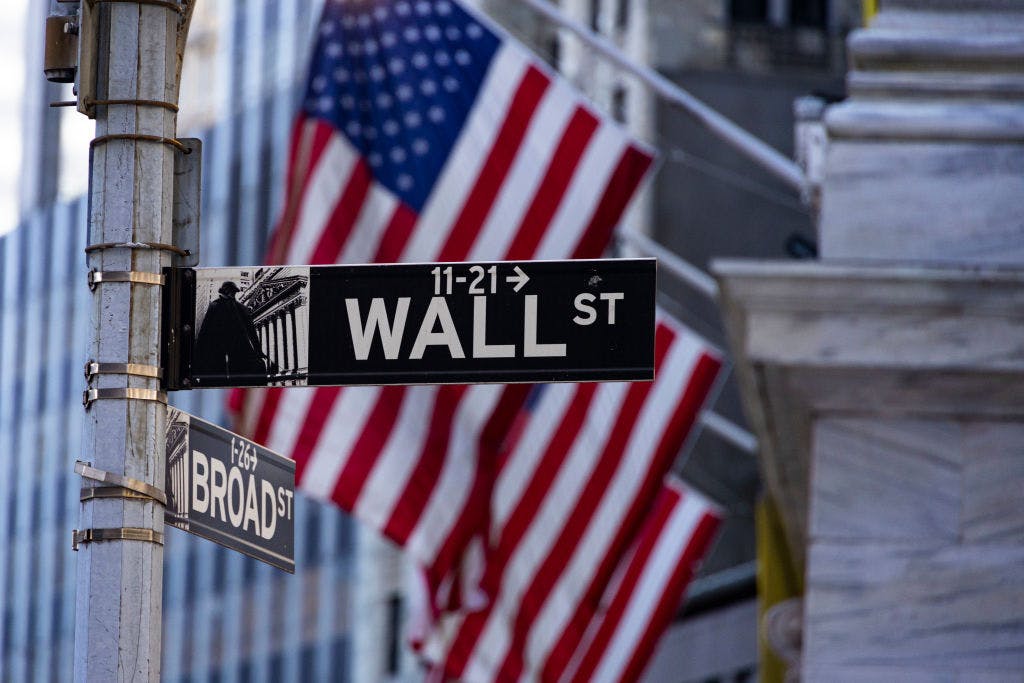S&P 500 ETF drops 2% on tariff and tech-induced tumult
The S&P 500 and Nasdaq 100 are on pace for their fifth weekly decline in six weeks.
It’s a Wall Street washout.
The SPDR S&P 500 Trust, one of the most widely traded exchange-traded funds that tracks the S&P 500, fell about 2% on Friday. Consumer discretionary, communication services, and tech — the sectors home to the so-called Magnificent 7 — are the worst-performing S&P 500 sector ETFs on the day. All members of the cohort aside from Nvidia are trailing the benchmark US stock index on Friday, with Alphabet, Meta, Microsoft, Tesla, and Amazon all down more than 3%.
Market jitters are being accentuated by a string of lousy economic data, with the University of Michigan’s final March consumer sentiment report showing long-term inflation expectations at their highest since 1993. Adding fuel to the fire, the core PCE price index came in hotter than expected, rising 2.8% year over year in February and 0.4% for the month.
The market’s angst also comes as the White House rolls out a wave of new tariffs, and markets are finally waking up to this new reality. The S&P 500 and Nasdaq 100 are on pace for their fifth weekly decline in six weeks. Meanwhile, across the NYSE, just 14% of trading volume was to the upside — the lowest level this year.
